
- August 26, 2023
- Carol Thomas
- 5
Blockchain Supply Chain Management is a game-changer in the world of global trade.
This innovative technology, known for powering cryptocurrencies like Bitcoin, has far-reaching implications beyond finance.
The decentralized nature of blockchain brings unprecedented transparency and security to supply chains. It permits each trade to be noted on an immutable digital record that’s reachable by all associated parties.
In essence, Blockchain Supply Chain Management takes trust and efficiency to new heights – transforming how businesses operate globally. To understand more about blockchain and it’s potential, Visit: Exploring the Potential of Blockchain Technology
Table of Contents:
- Understanding Blockchain in Supply Chain Management
- Revolutionizing Supply Chain Finance with Blockchain
- Ensuring Transparency through Blockchain
- Security Aspects Enabled by Blockchain Technology
- Future Prospects of Using Blockchains for Managing Supply Chains
- FAQs in Relation to Blockchain Supply Chain Management
- Conclusion
Understanding Blockchain in Supply Chain Management
In the context of supply chain management, blockchain technology has emerged as a game changer. This decentralized, distributed digital ledger offers an unprecedented level of trustworthiness and security to each exchange in the supply chain.
Defining blockchain within the context of supply chain management
The essence of blockchain lies in its immutable record-keeping capabilities. For global supply chains, this implies that each step from production to delivery is meticulously recorded on this unalterable ledger – ensuring product history visibility while authenticating records against tampering attempts.
The role of decentralization and distribution in blockchain
Differentiating itself from traditional systems where data resides centrally, making it susceptible to attacks or manipulation, blockchains leverage their inherent decentralization for enhanced risk mitigation. There isn’t one single point where information is held or controlled, which eliminates any centralized vulnerability points.
- Promoting inclusivity by allowing anyone, regardless of geographical location, to join the network
- Making real-time updates about the status of various inventory units possible, thus aiding effective resource management among other benefits. These factors combined make them an ideal solution for modern-day global supply chains looking to enhance efficiency while reducing costs associated with managing complex networks involving multiple stakeholders across different regions worldwide.
Revolutionizing Supply Chain Finance with Blockchain
The world of supply chain finance is undergoing a radical transformation, thanks to the integration of blockchain technology. The decentralized character of blockchain tech offers unparalleled levels of protection and visibility to all transactions.
Potential Benefits of Integrating Blockchain into Supply Chain Finance
One cannot overlook the numerous advantages that come along with embedding blockchains in financial transactions within global supply chains. The primary benefit is its capacity for creating transparent and immutable records, which significantly reduces fraud and discrepancies common in traditional systems.
Apart from this, another fascinating feature is smart contracts – self-executing agreements built on top of blockchains that trigger actions once certain conditions are met. This automation minimizes manual interventions, thereby speeding up operations while also reducing costs associated with them.
In addition, permissioned blockchains strike a balance between privacy protection and information accessibility by granting access rights only to selected entities. Such controlled exposure ensures sensitive data remains secure but still available when required, thus maintaining trust among participants across entire networks involved in managing supplies globally. Learn about finance in blockchain
Case Studies Showcasing Successful Implementation of Blockchain
Talking about real-world implementations takes us towards De Beers’ Tracr project where they’ve leveraged this tech marvel effectively for tracking diamonds right from mines till retail stores, ensuring ethical sourcing practices throughout their journey spanning multiple countries.
Moving onto the shipping industry reveals how companies like Maersk have partnered with IBM, deploying solutions based on these advanced technologies aimed at streamlining documentation processes, consequently slashing paperwork error-related expenses currently accounting for up to 20% of the total transportation cost. There are many successful Blockchain Use Cases to further highlight to this.
Ensuring Transparency through Blockchain
The intricate nature of modern supply chains often leads to opacity, causing inefficiencies and potential fraud. Blockchain tech can be used to address this issue.
Importance of Transparency in Modern-Day Supply Chains
In our globally connected marketplace, businesses must maintain full visibility over their entire supply chain networks. From ethical sourcing to managing inventory units, every detail counts.
A transparent supply chain enables superior decision-making by offering accurate data on purchase orders and shipping details. Furthermore, it cultivates trust among all stakeholders involved – from suppliers right down to customers.
How Does Blockchain Ensure Transparency?
Blockchain-based supply chains, with their immutable record-keeping abilities visible to all network participants, provide an unparalleled level of transparency that reduces the chances of manipulation or fraudulent activities. This decentralized ledger system ensures that no single entity can control the information flow within these global ecosystems.
- An example would be how some companies use permissioned blockchains (where only selected entities have access) to ensure secure operations across their global supply chain networks.
- In contrast, other firms may opt for permissionless blockchains (open public ledgers accessible by anyone), fostering greater inclusivity, particularly beneficial for small businesses without extensive resources.
- No matter which type is chosen, both options provide robust solutions supporting transactions at scale while ensuring complete transparency at each step of the product lifecycle journey. This makes them highly attractive choices when considering future growth strategies aimed at achieving sustainable competitive advantages in the long term.
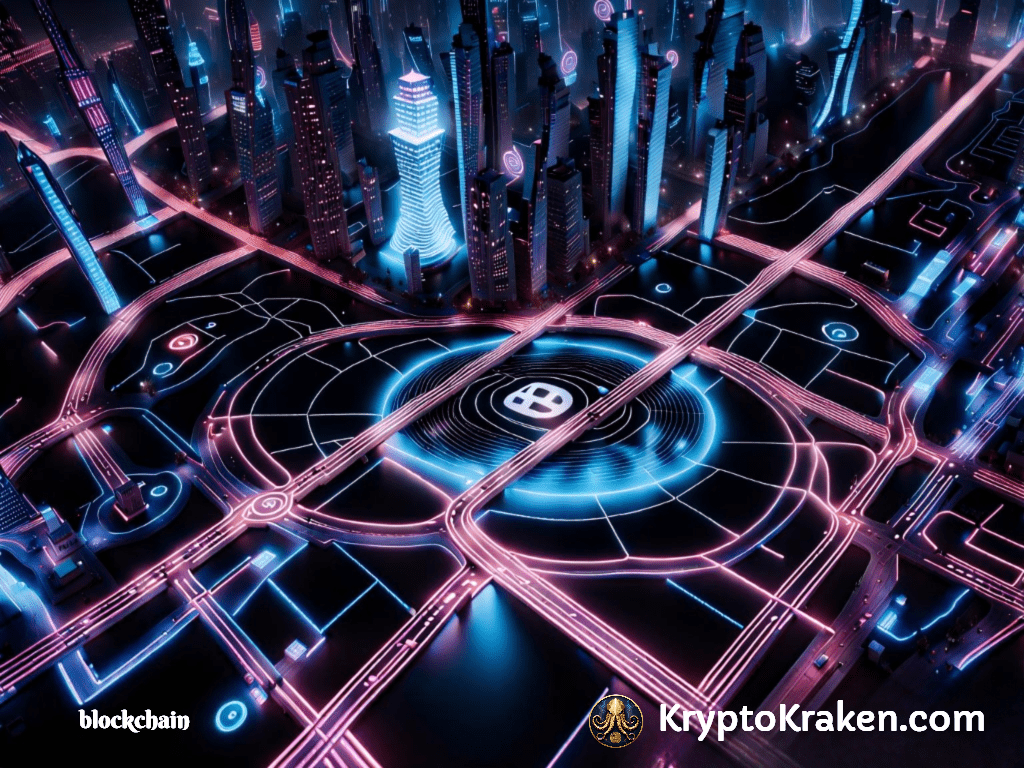
Security Aspects Enabled by Blockchain Technology
The necessity of having robust security measures in place for supply chain operations cannot be emphasized enough. The intricate and global nature of these networks exposes them to potential risks such as fraud, theft, or other illicit activities.
Why do businesses need high levels of security when dealing with multiple stakeholders?
In the realm of supply chains, a multitude of parties are engaged in transactions – suppliers, manufacturers, distributors, and retailers among others. Each transaction offers an opportunity for malicious actors to tamper with data or perpetrate fraudulent acts.
This risk amplifies as companies extend their operations on a global scale. Diverse regulatory environments can give rise to loopholes that dishonest individuals might exploit. Moreover, monitoring all activity effectively becomes challenging due to the sheer volume of transactions.
Role played by Blockchains to ensure higher levels of safety
Blockchain technology steps into this scenario, providing solutions through its decentralized ledger system which meticulously records every transaction across numerous computers so that any recorded block cannot be altered retroactively without changing subsequent blocks. This ensures integrity and transparency within business processes like purchase order handling and inventory unit tracking within complex global supply chain networks.
Beyond immutability, blockchain employs advanced cryptographic techniques ensuring secure communication between nodes present on the network. These mechanisms include smart contracts; automated self-executing agreements with pre-set rules established between parties sans intermediaries. Such features curtail risks associated with human errors or deliberate attempts at fraud while assuring seamless conduct of transactions throughout the entire spectrum from sourcing raw materials to delivering finished goods, thereby reducing costs significantly over time owing to improved efficiency brought about via implementation of blockchain solutions into existing SCM models.
Future Prospects of Using Blockchains for Managing Supply Chains
The future of blockchain technology in supply chain management is promising. As businesses prepare for this transformative shift, understanding the potential opportunities and challenges that lie ahead becomes crucial.
Potential Opportunities with Blockchain Technology
Incorporating blockchain solutions into global supply chains can lead to significant enhancements. By providing a decentralized ledger for recording transactions transparently and securely, blockchains have the capacity to revolutionize entire supply chain networks.
Blockchain-based systems are capable of supporting transactions ranging from purchase orders and shipping documentation to inventory units. This implies that small businesses could conduct transactions more efficiently while reducing costs associated with traditional methods. IBM’s Food Trust project is an example where blockchain technology has been effectively utilized to ensure transparency across the journey of food items through their respective value-chain processes.
Facing Challenges Head-On
Despite these benefits, there are certain hurdles that need to be addressed before widespread adoption becomes feasible. One such issue relates directly to understanding how permissioned versus permissionless blockchains function within the context of different industries’ needs – each type having its own pros and cons depending on specific use case scenarios involved.
- A major challenge lies in integrating legacy systems into new blockchain platforms without causing disruptions or loss of data integrity during the transition phase. This might require substantial investments in terms of time and resources, posing a risk especially for smaller entities lacking the necessary capital outlay required at the initial stages of the implementation process.
- Last but not least, regulatory uncertainties also pose a significant barrier since legislation surrounding cryptocurrencies and other forms of digital assets still remains largely undefined across many jurisdictions worldwide. This creates legal ambiguities potentially hindering progress towards achieving full-scale deployment objectives targeted under various strategic initiatives undertaken globally today.
Key Takeaway:
Blockchain technology is set to revolutionize supply chain management with its decentralized, transparent and secure transaction recording. However, challenges like understanding different blockchain types, integrating legacy systems without data loss and navigating regulatory uncertainties need addressing for widespread adoption.
FAQs in Relation to Blockchain Supply Chain Management
How does Blockchain help supply chain management?
Blockchain boosts transparency and security in supply chains by providing an immutable, decentralized ledger for recording transactions, tracking goods, and verifying authenticity.
Is Blockchain the future of supply chain management?
Positioned to transform the field of supply chain management, blockchain holds the potential to enhance efficiency, transparency, and security significantly.
What problems does Blockchain solve in supply chain management?
Blockchain addresses issues like fraud detection, traceability of goods and services across complex networks, reducing paperwork redundancy, and enhancing trust among stakeholders in a supply chain.
Conclusion
This powerful technology brings a level of transparency and security that was previously unheard of in traditional supply chains.
The decentralized character of blockchain guarantees that each exchange is documented on an immutable digital record, accessible to all parties engaged.
It’s revolutionizing supply chain finance by providing a secure platform for financial transactions among multiple stakeholders.
Incorporating this tech isn’t just about enhancing efficiency; it’s also about instilling trust across operations.
If you’re ready to dive deeper into Blockchain Supply Chain Management, consider joining us at KryptoKraken.
We offer resources from beginner to expert levels aimed at helping you better understand and leverage blockchain technology. Let’s explore the future together! For those of you that enjoy video, here is the link to KryptoKraken Videos





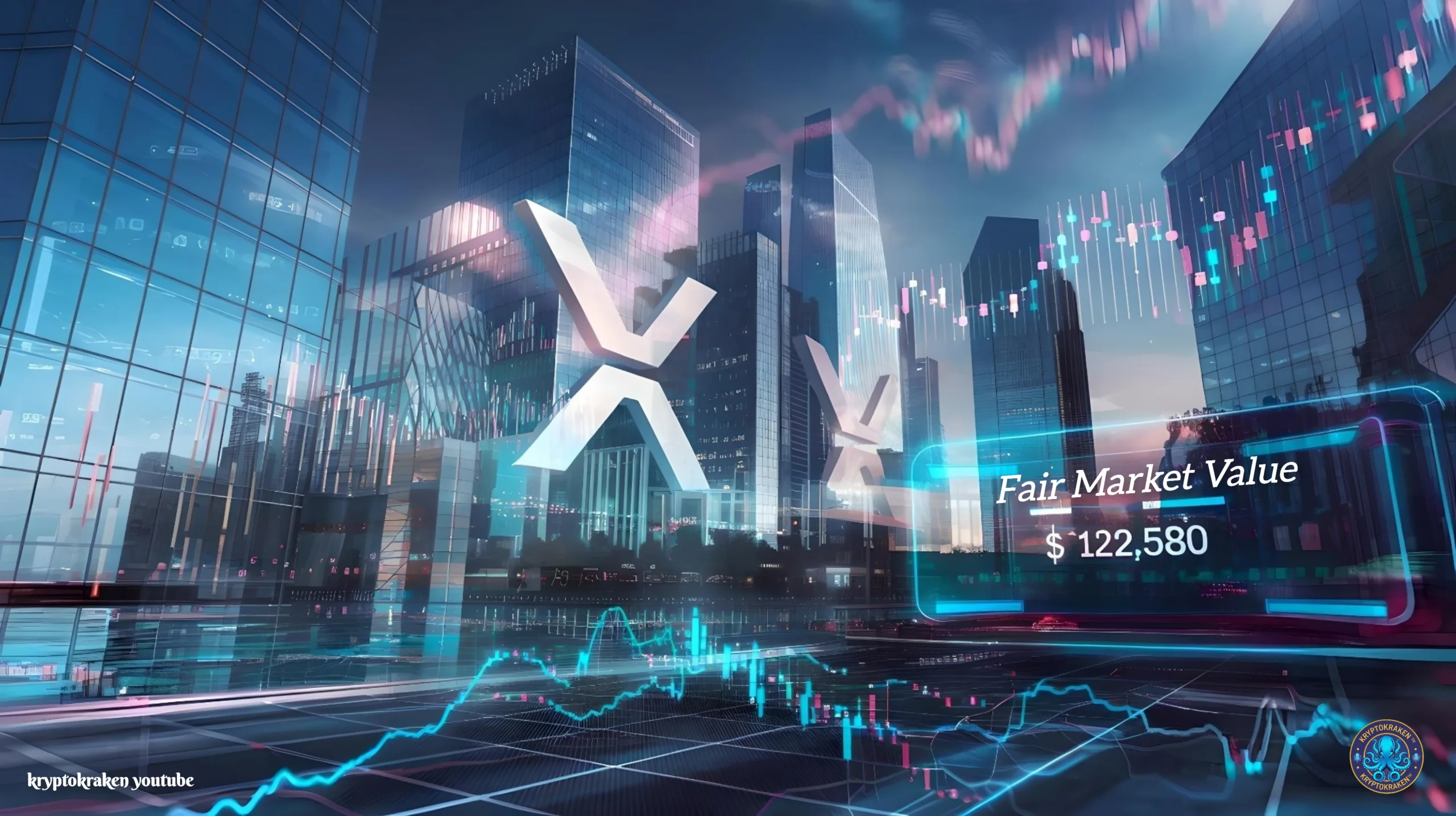


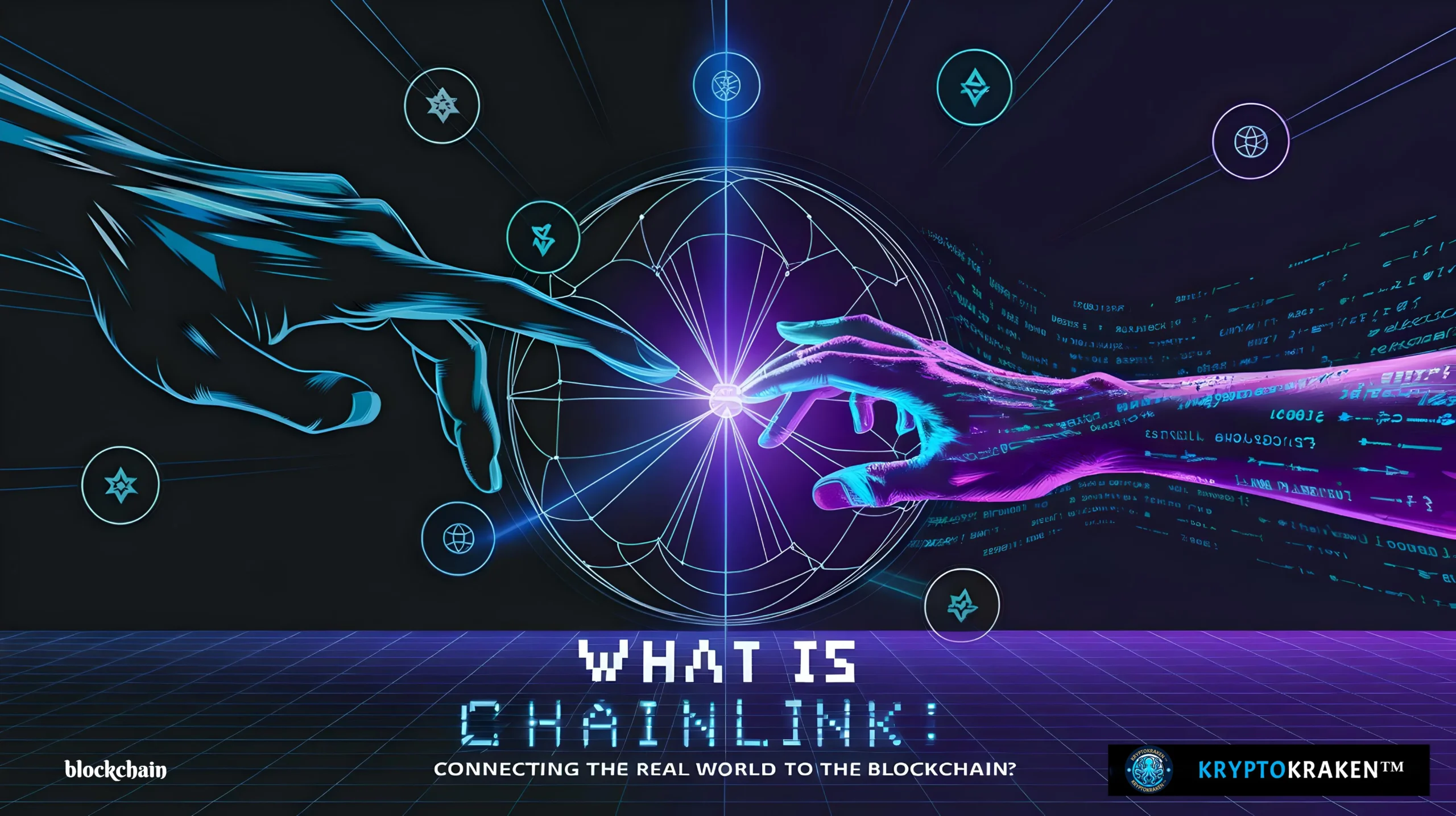
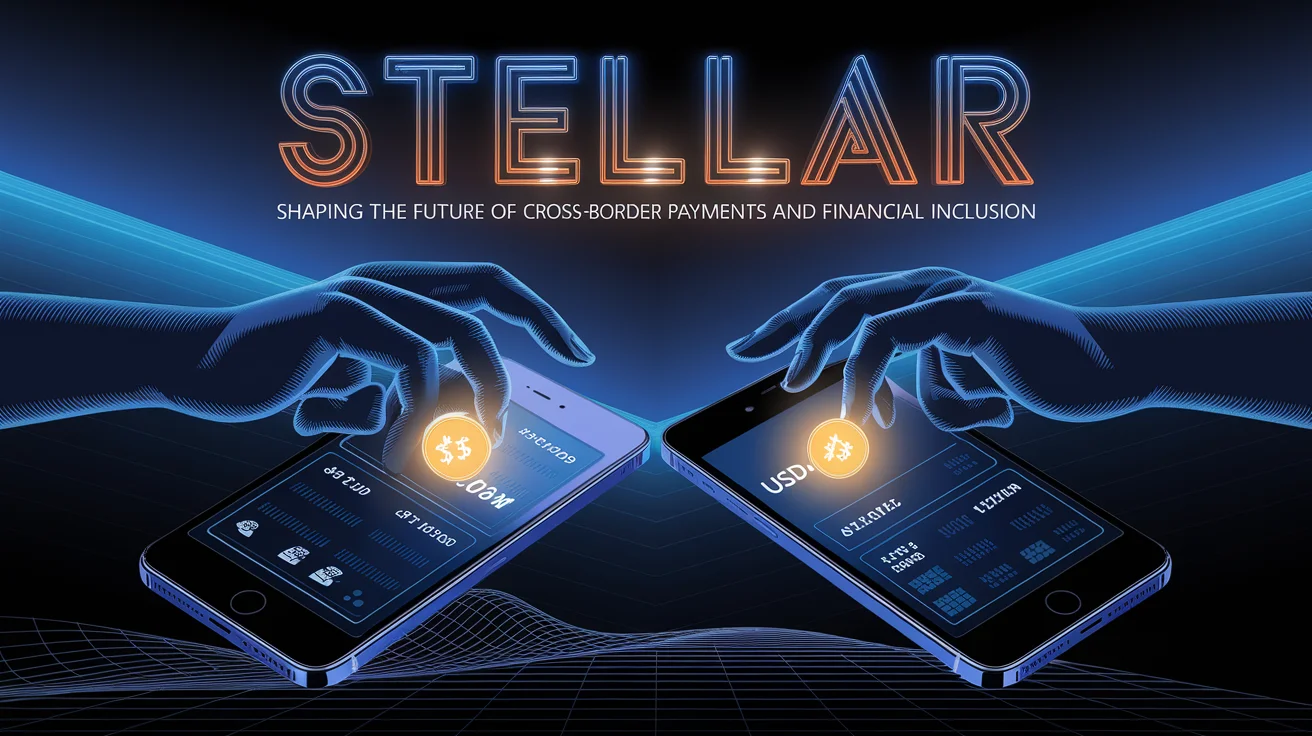
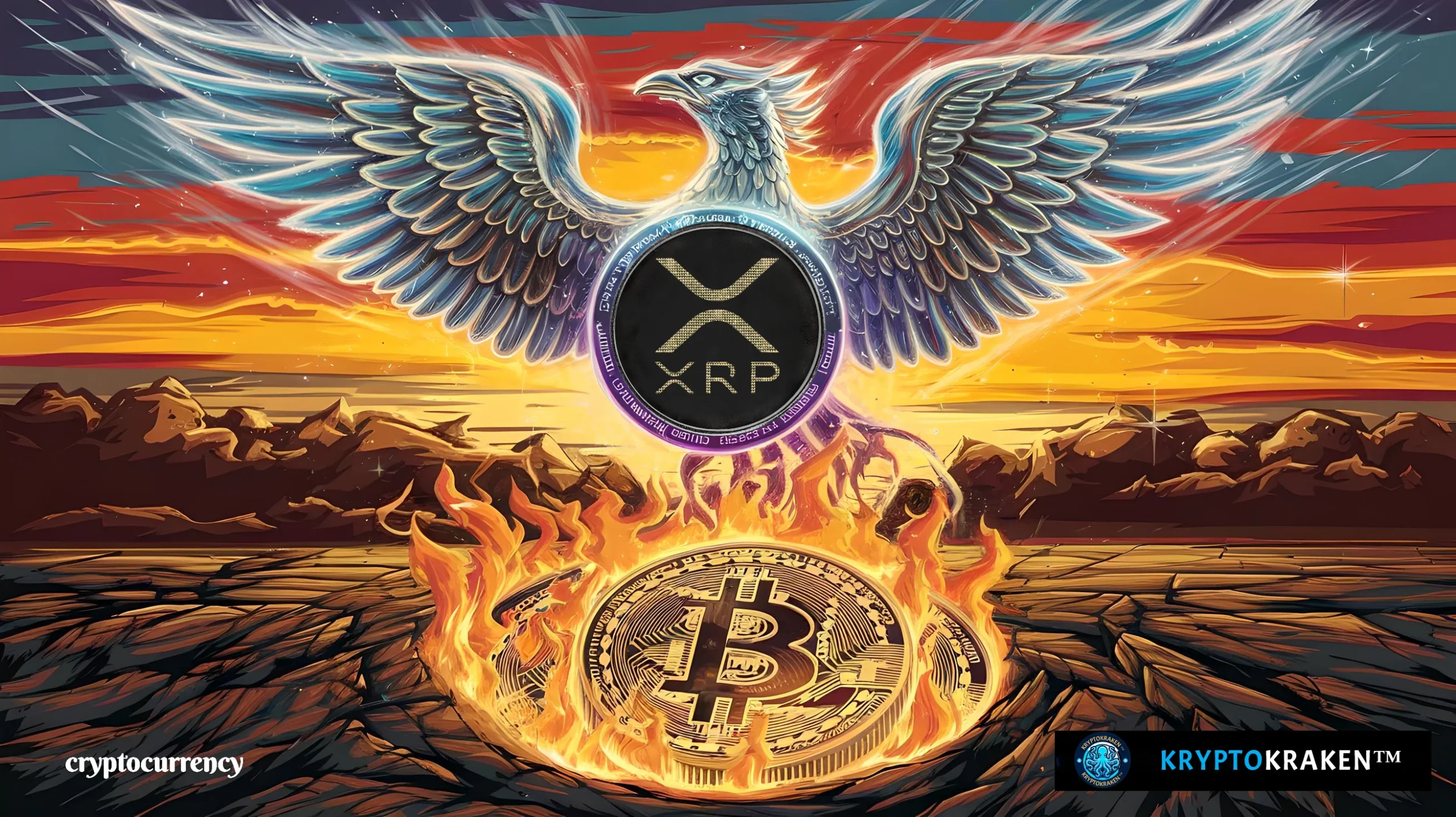
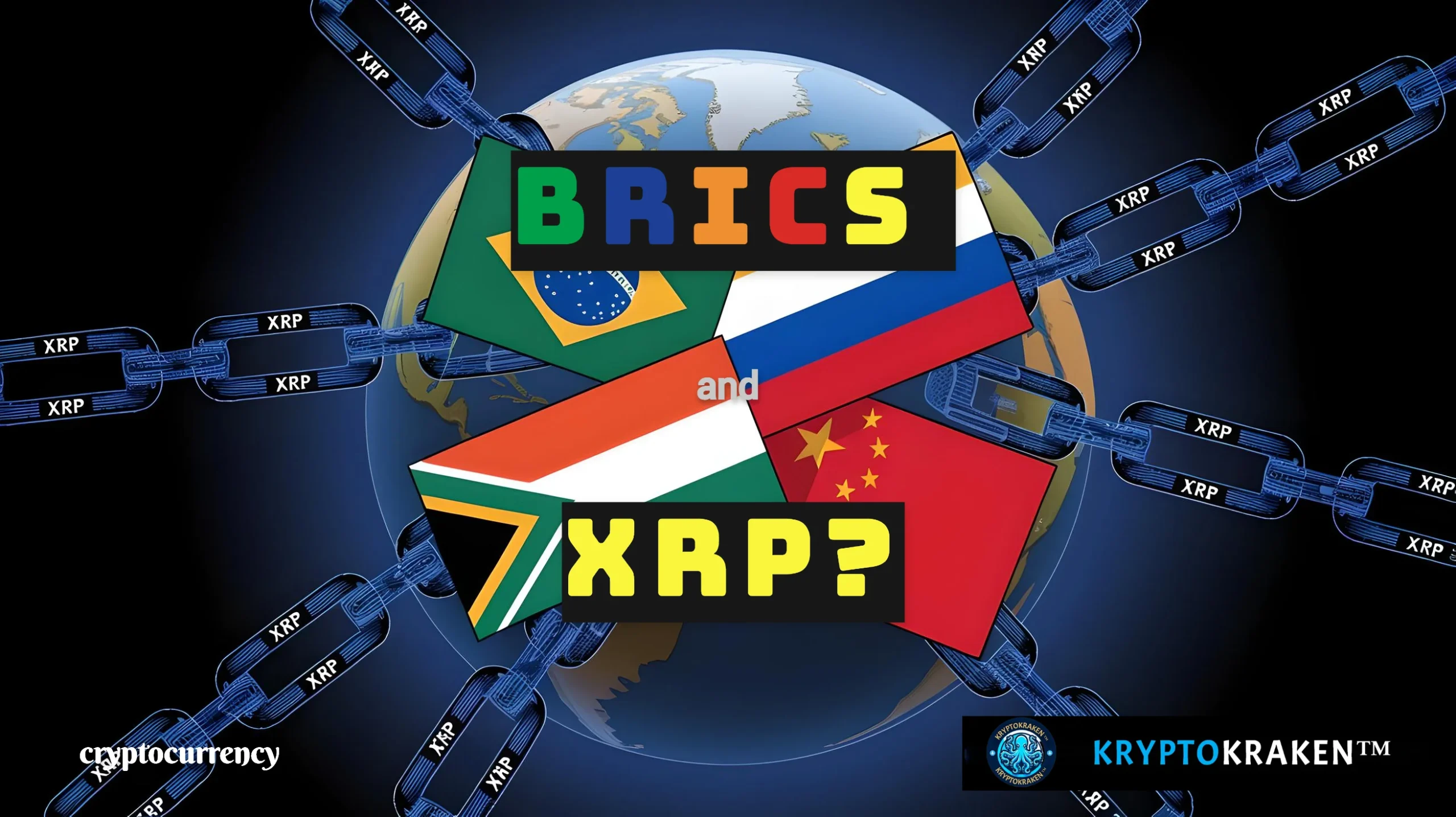



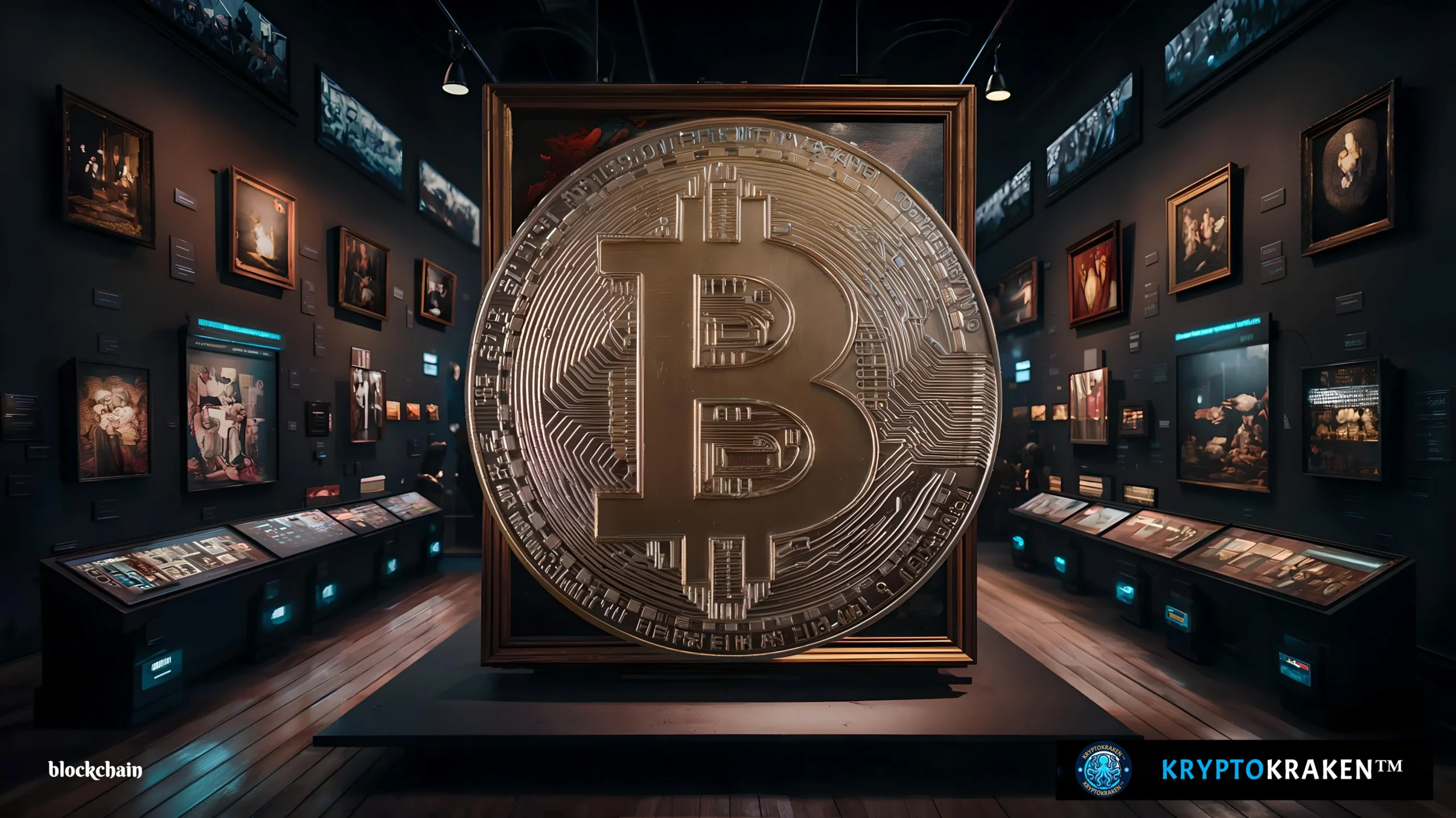


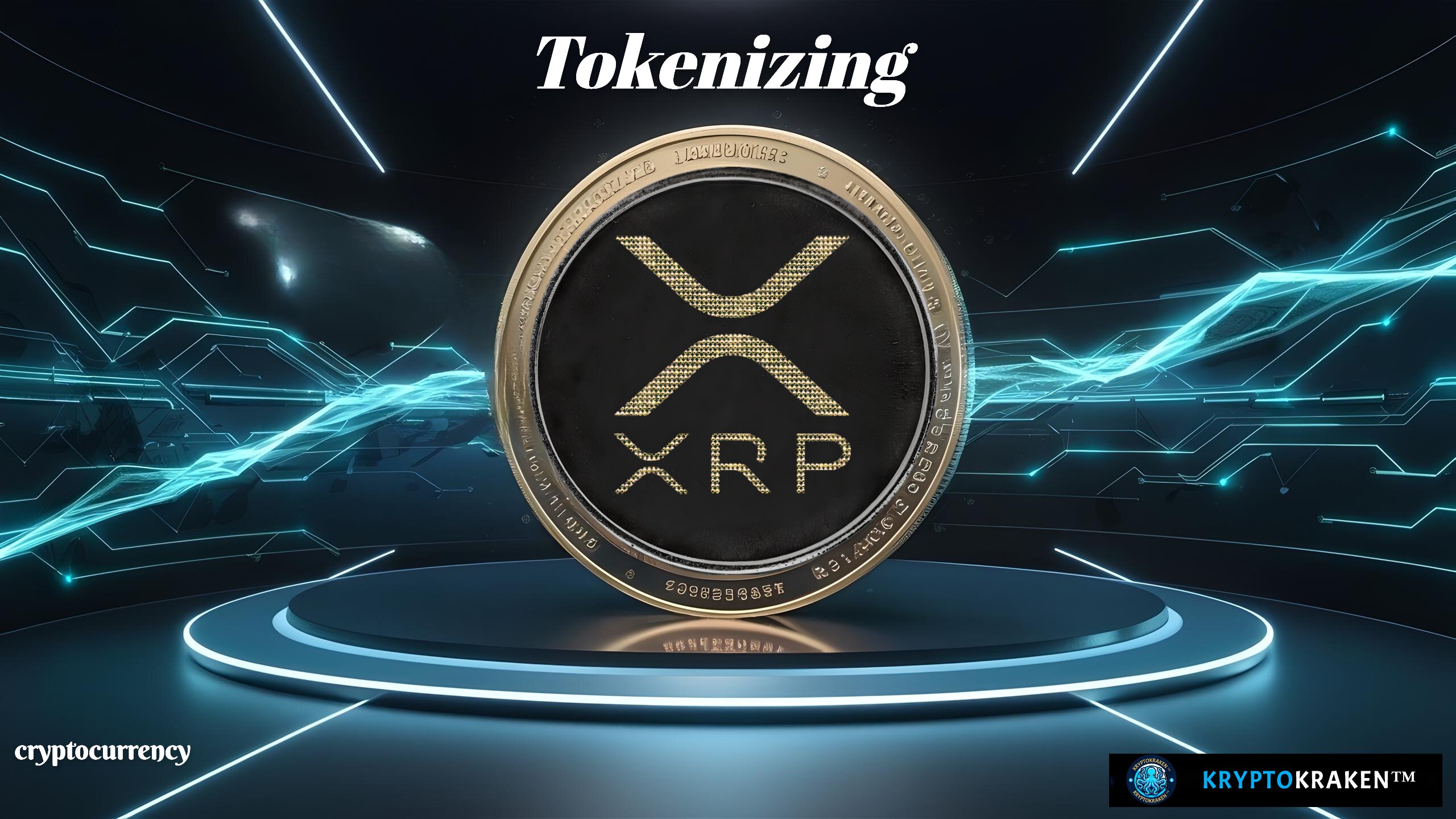






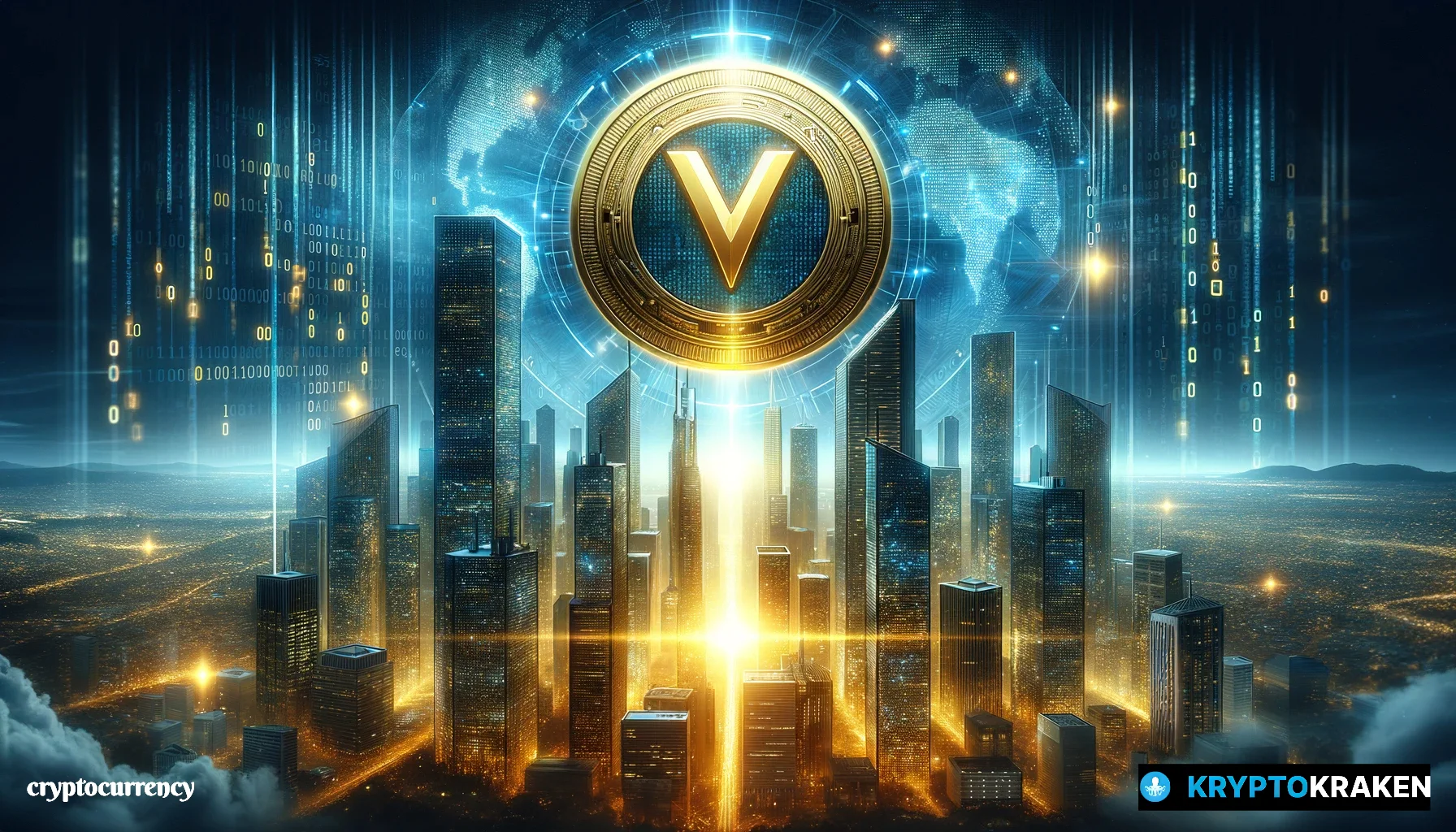













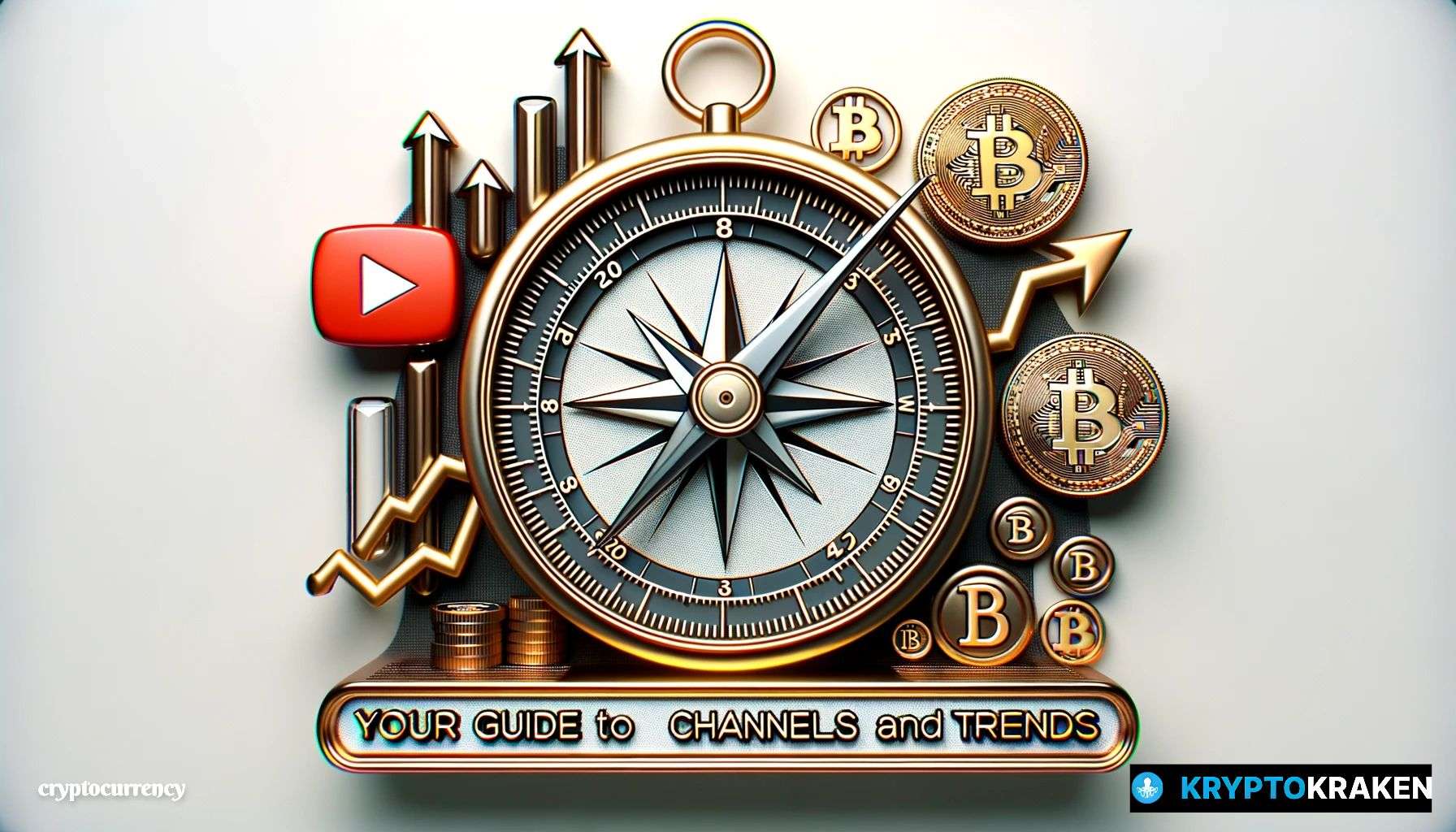




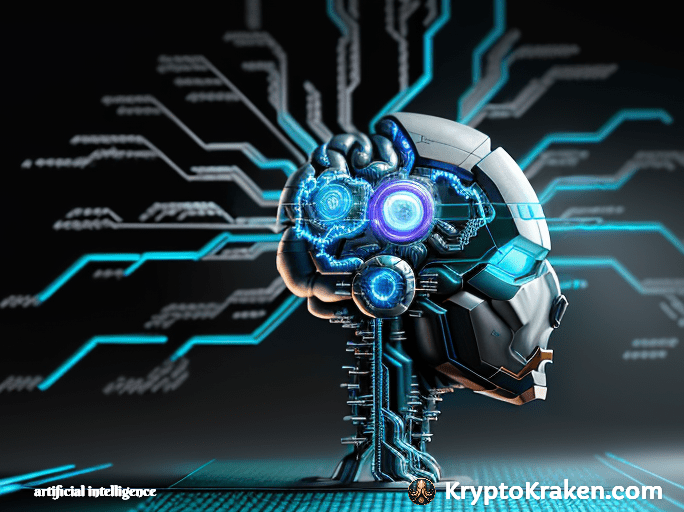


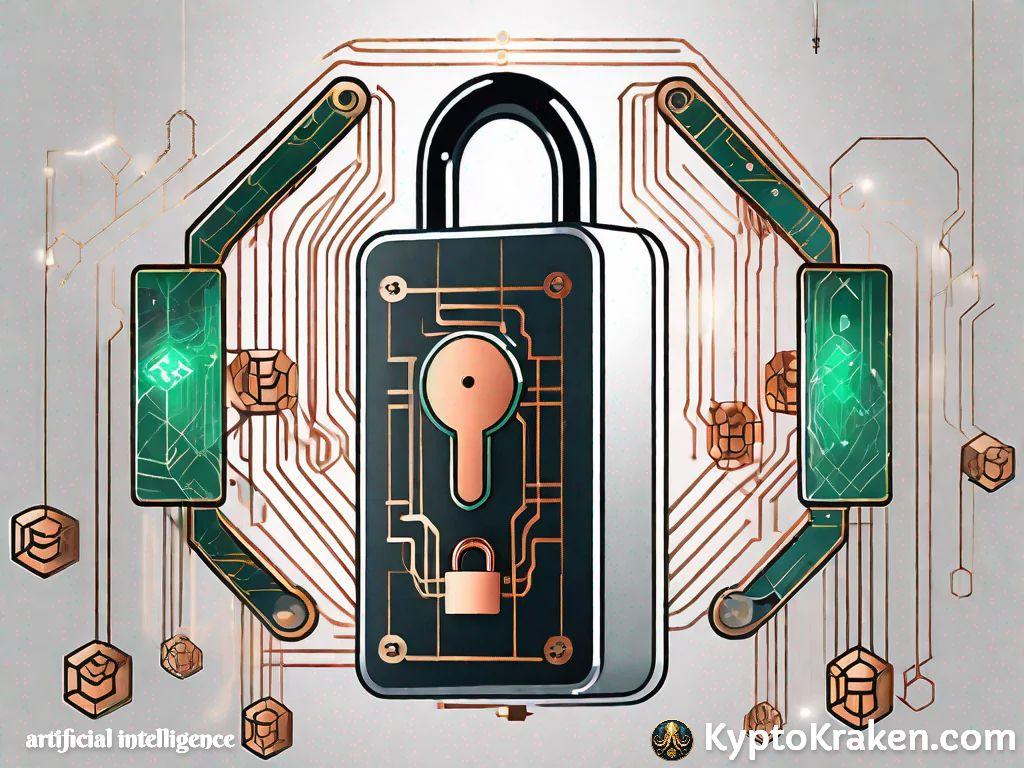
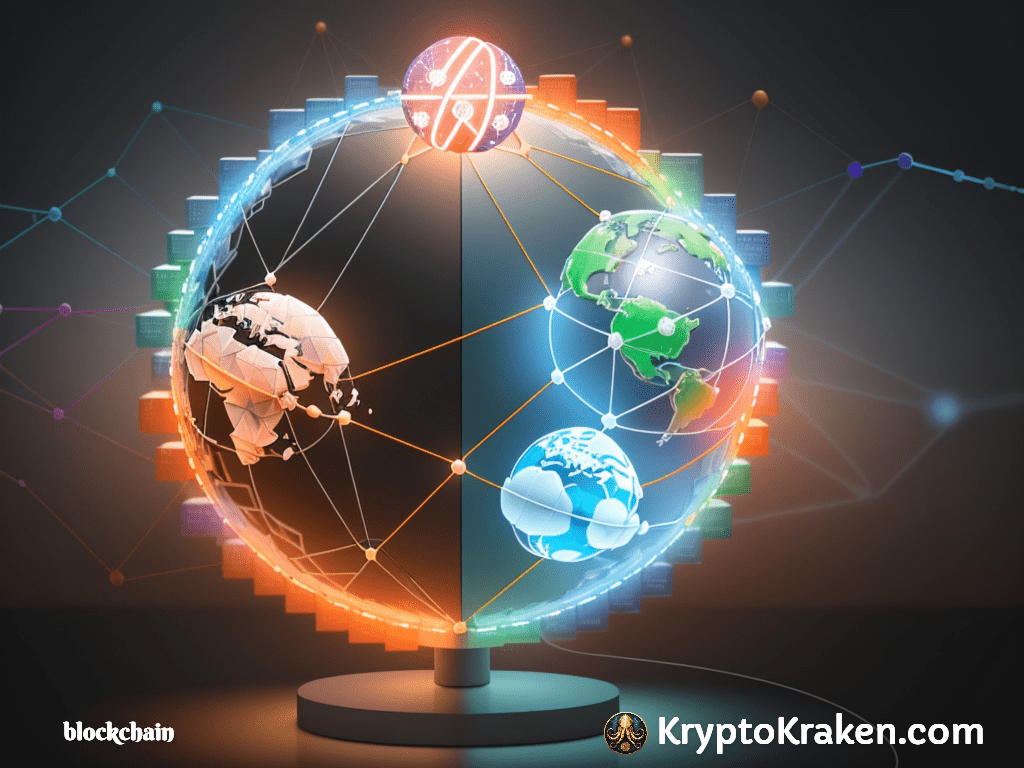
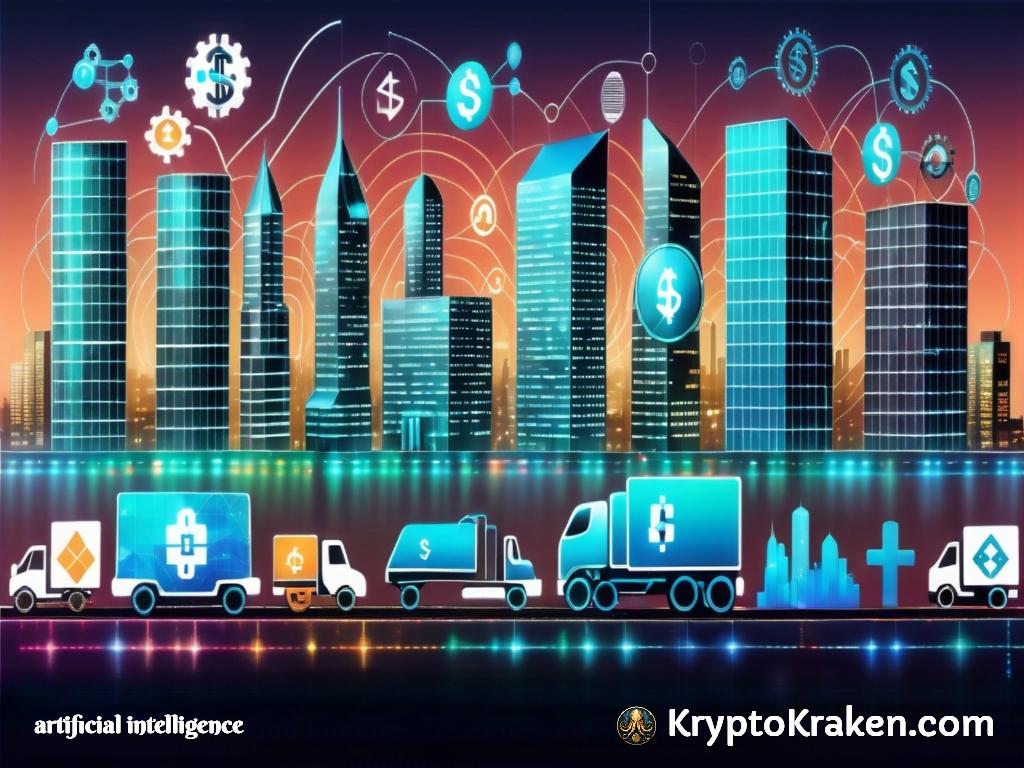


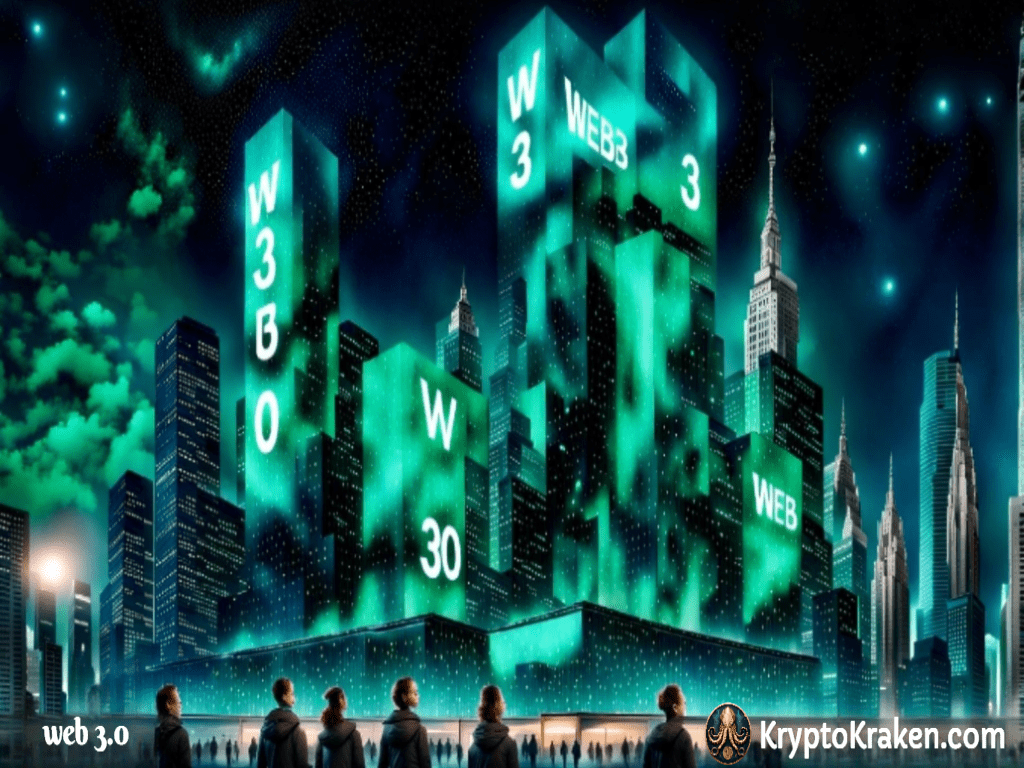

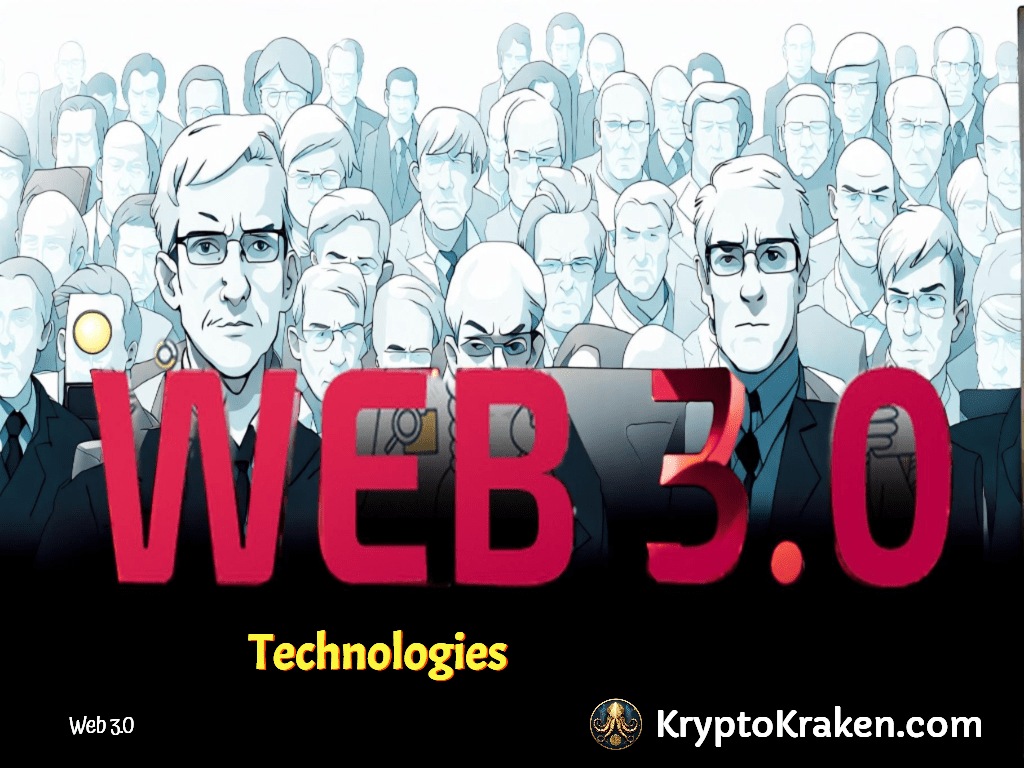






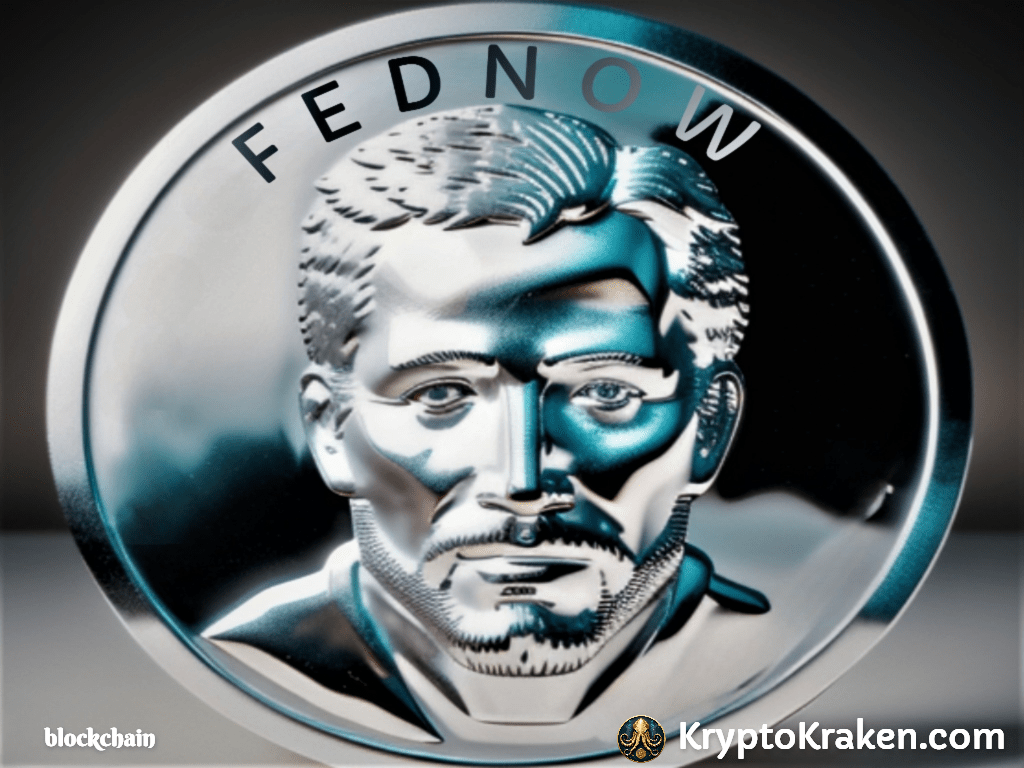
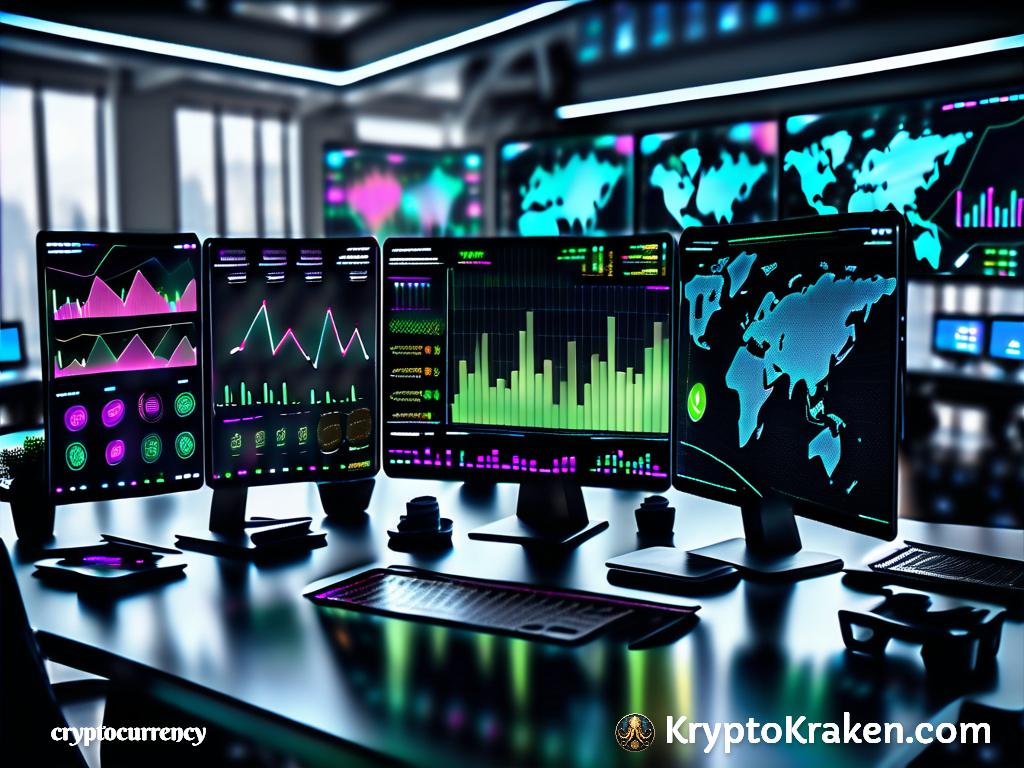

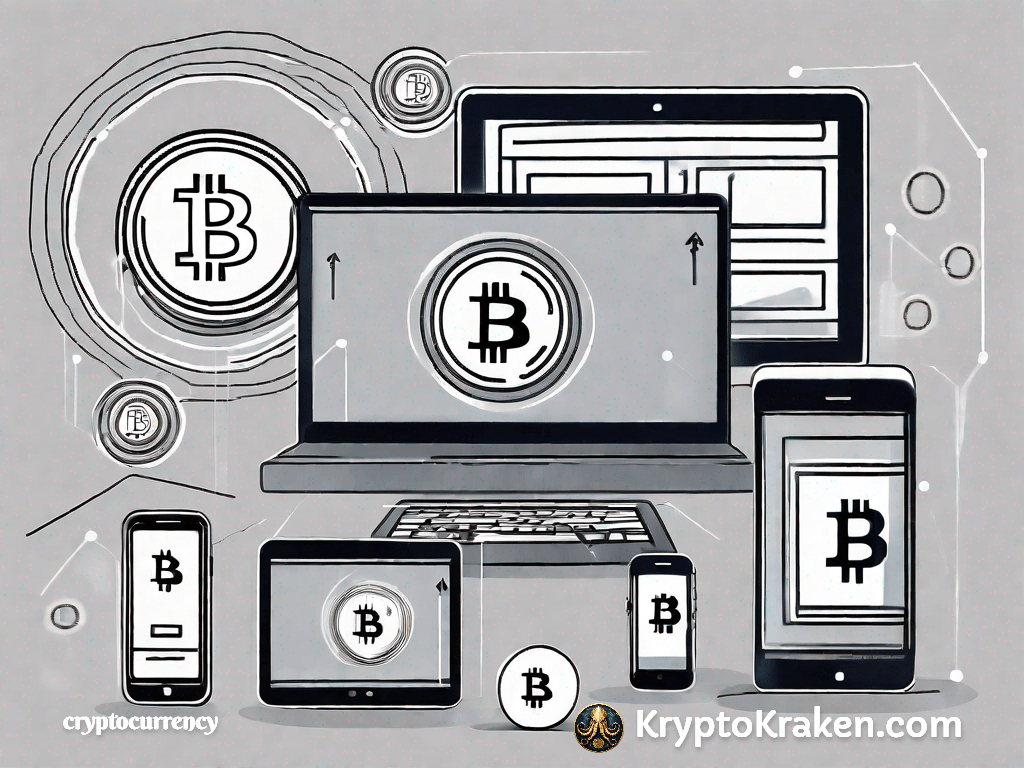
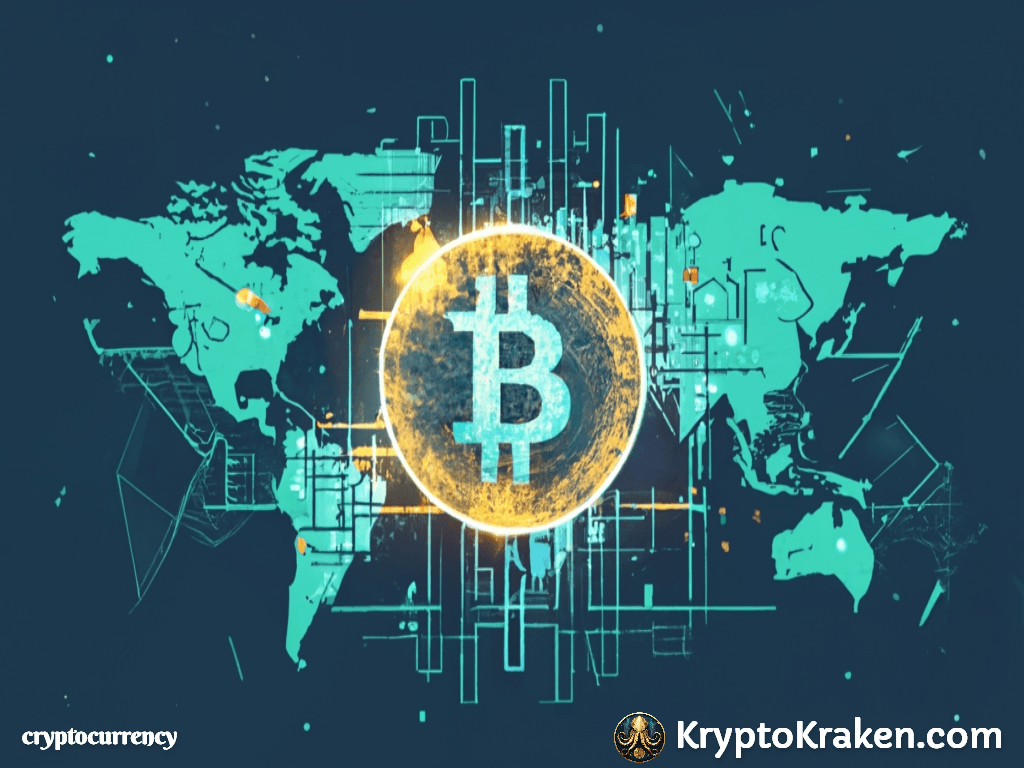



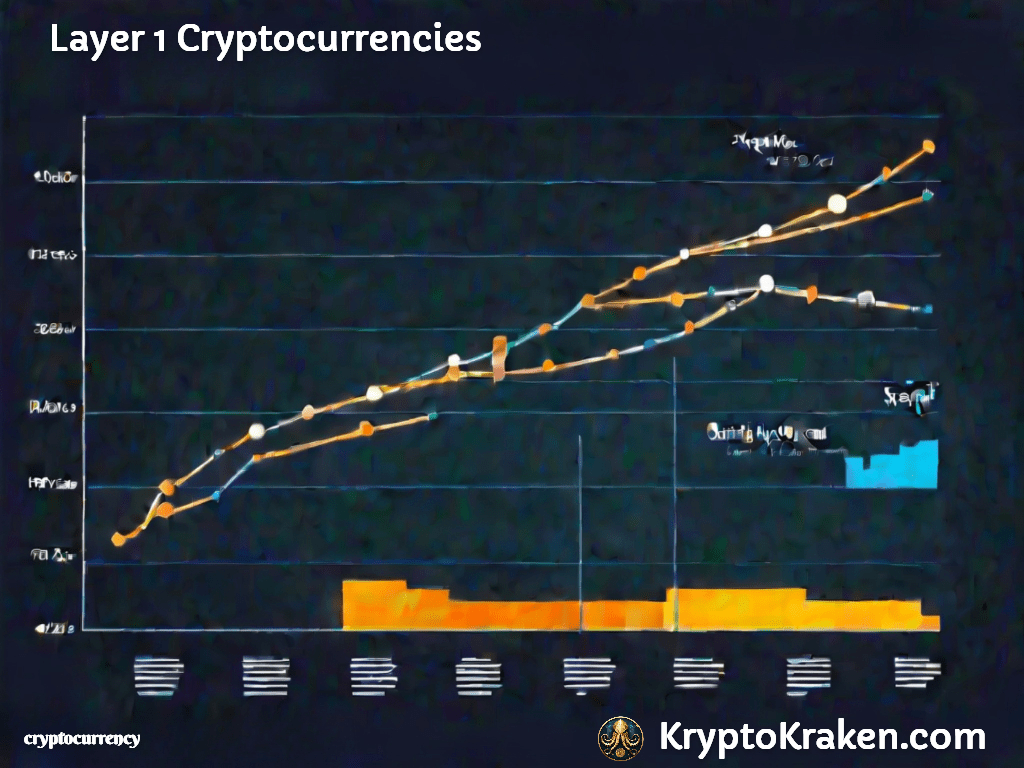

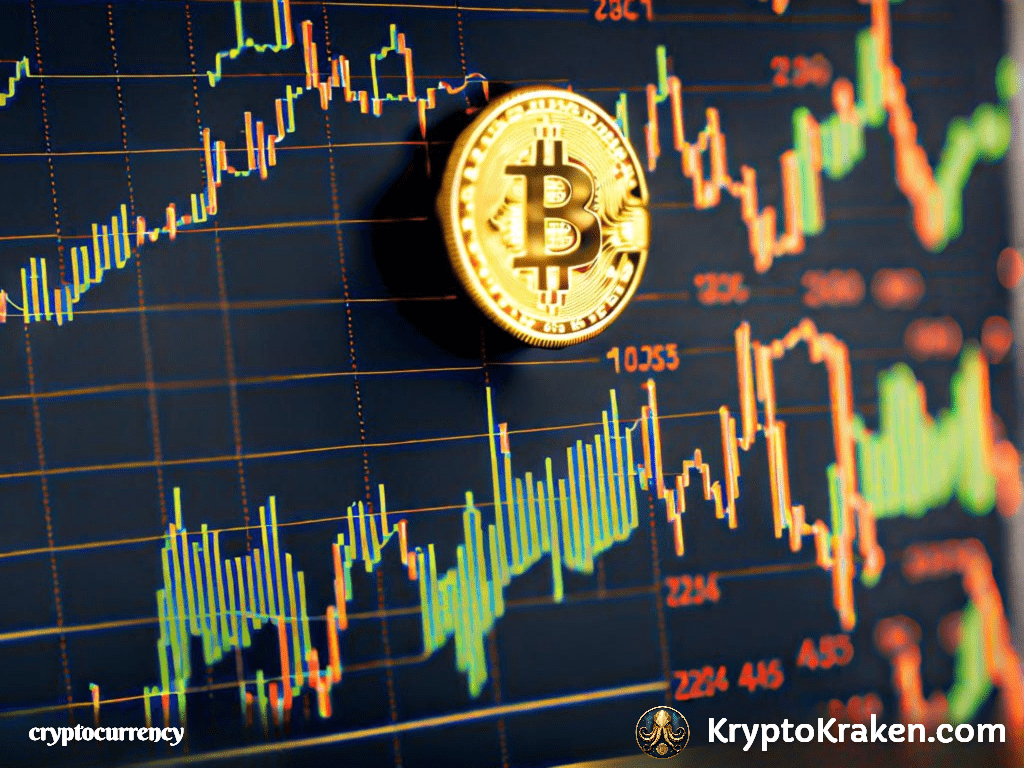
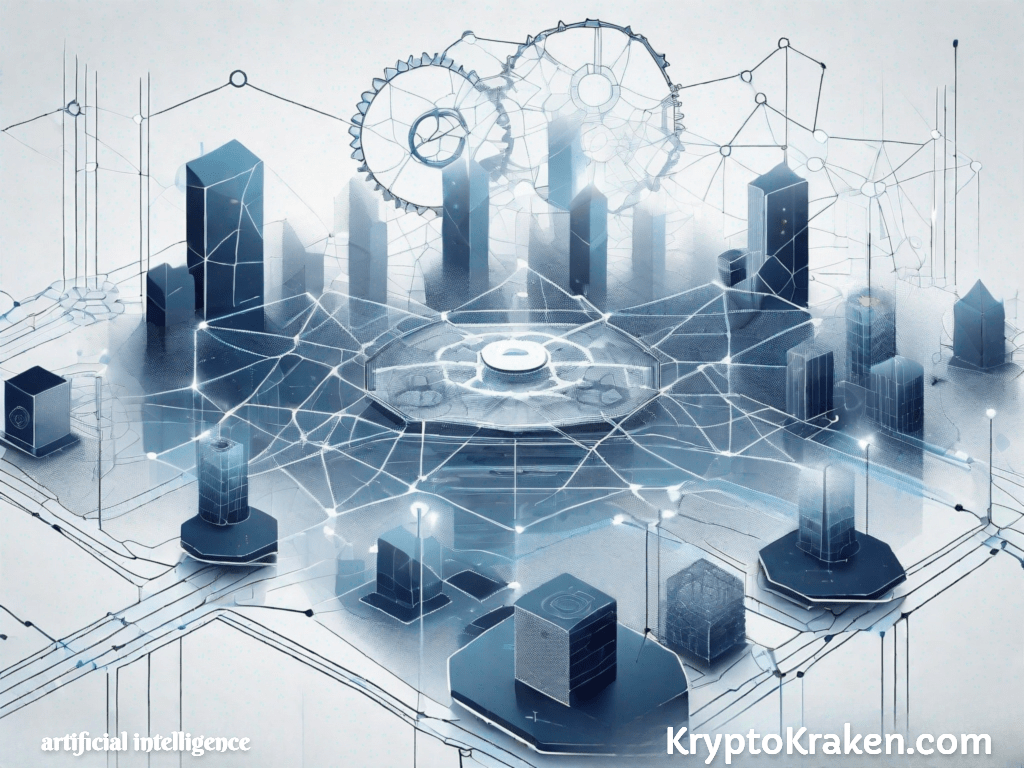









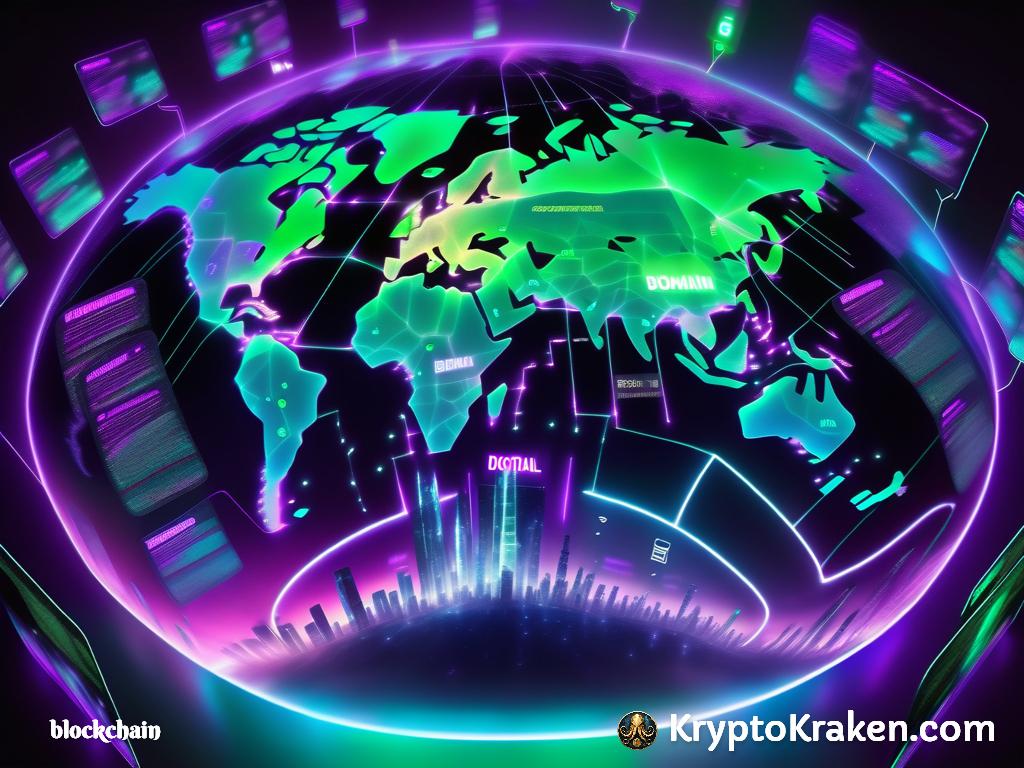







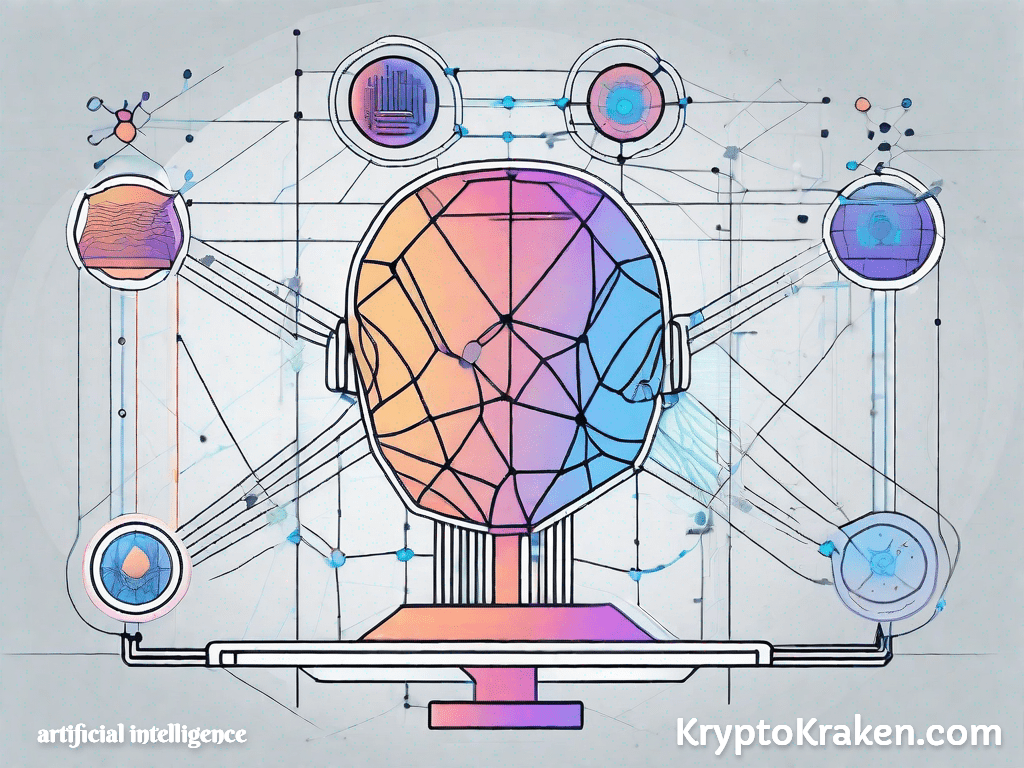
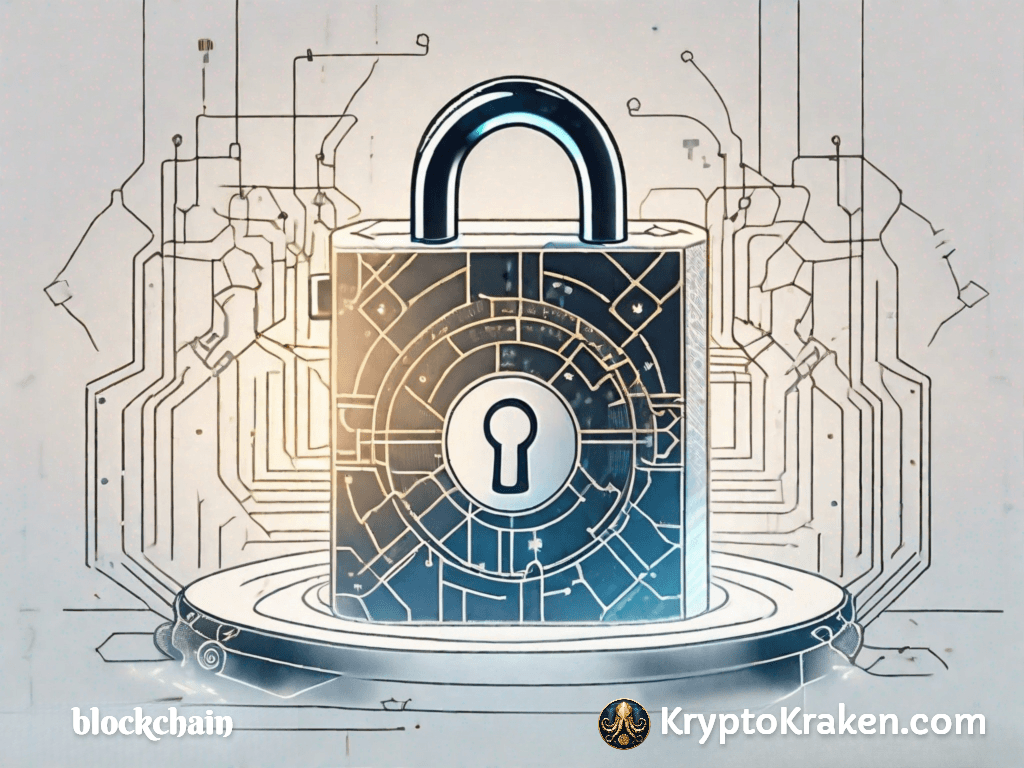
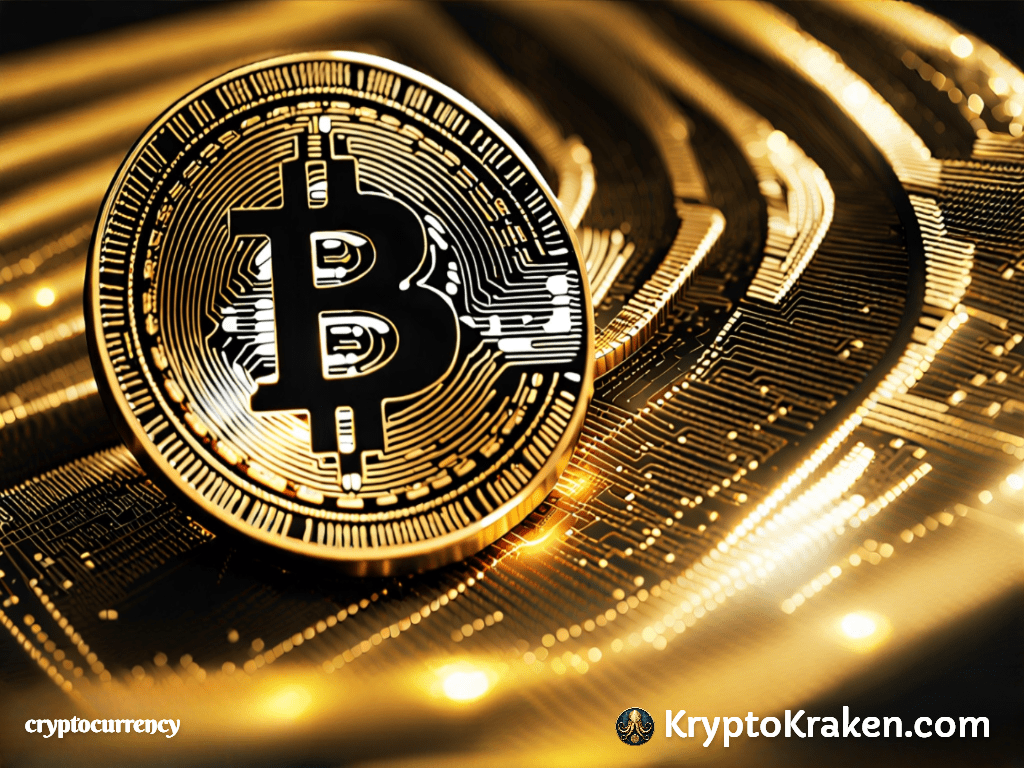











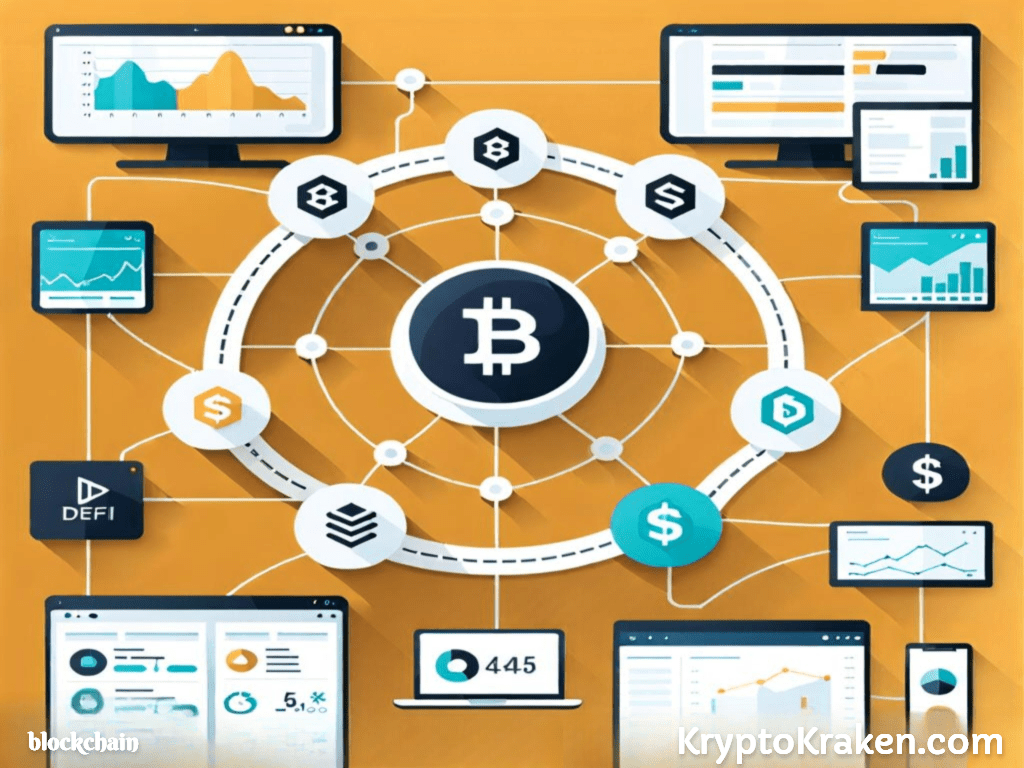

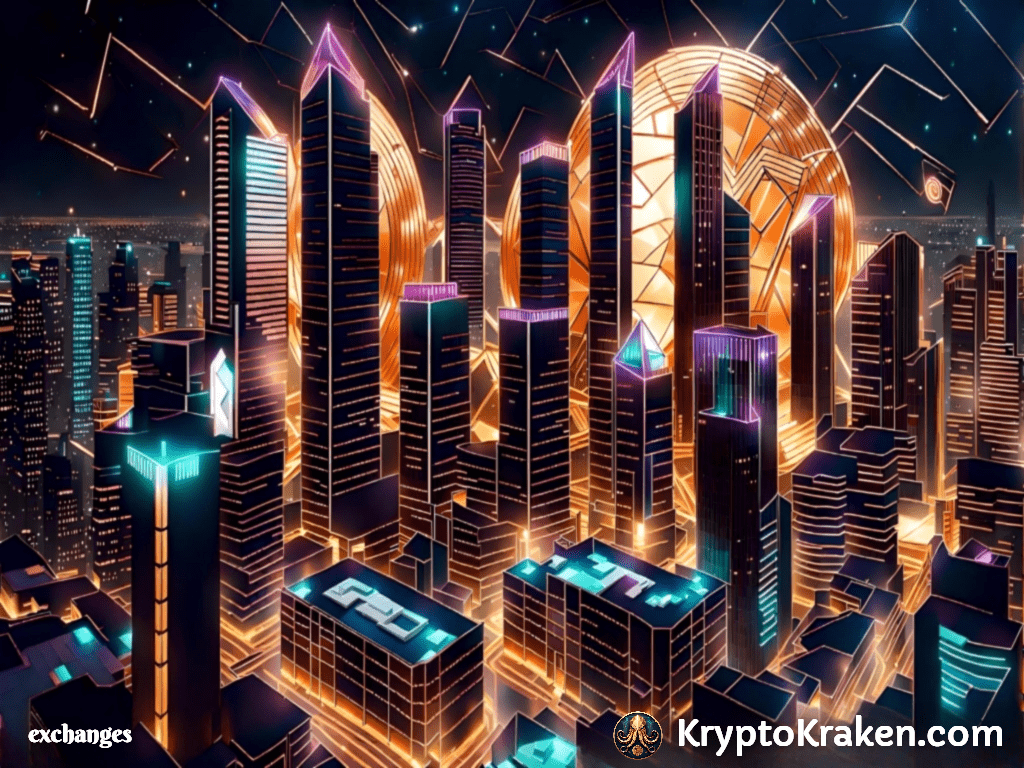
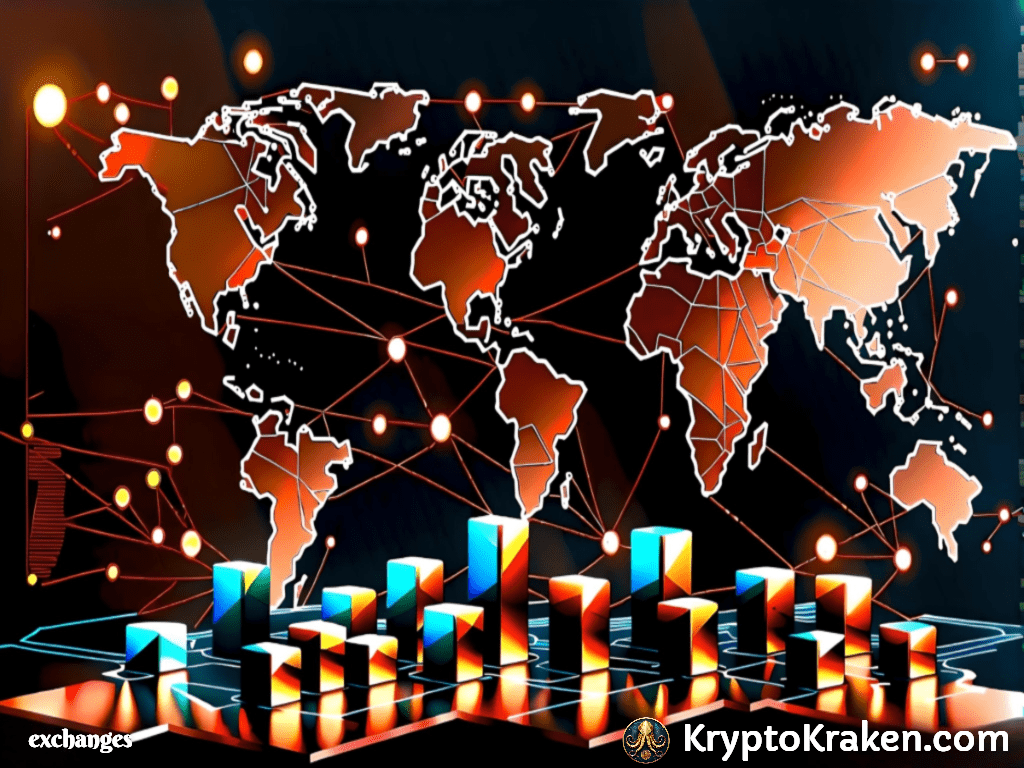


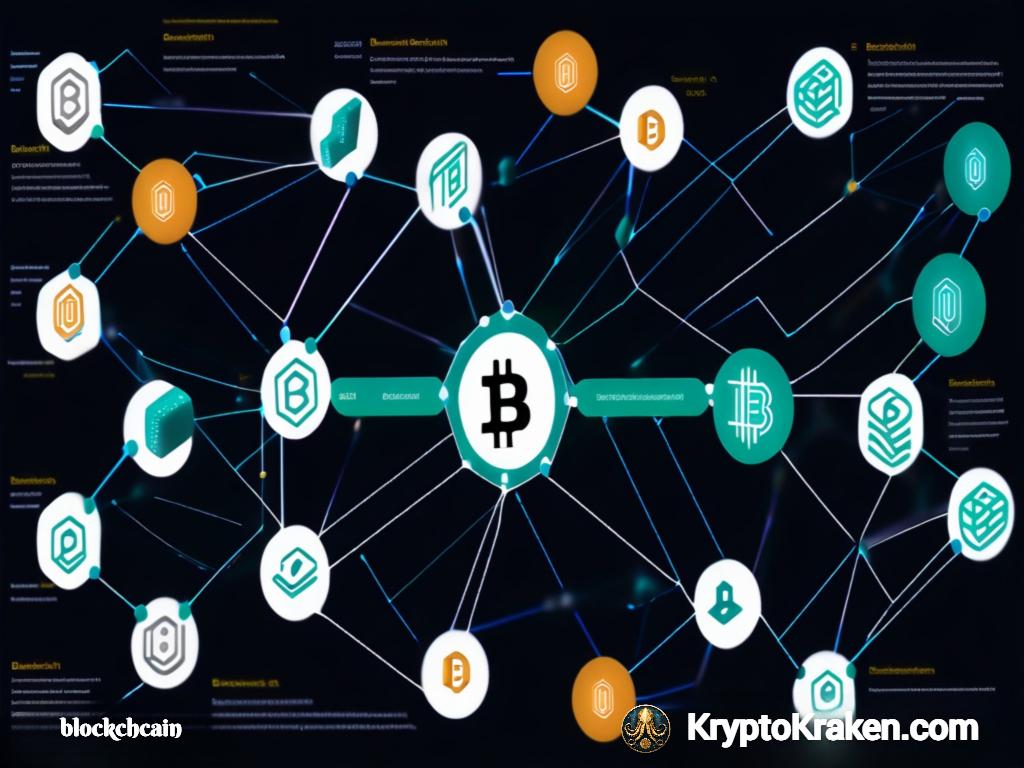
5 comments on “Transforming Trade: Blockchain Supply Chain Management”